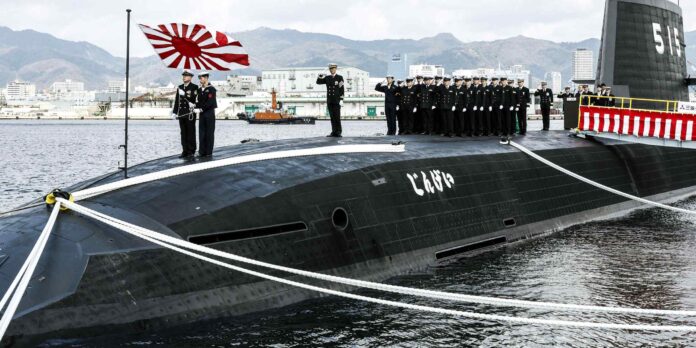AKASHI, Japan — As Japan heads to the polls in a national election this Sunday, the unpopularity of the incumbent government led by newly installed Prime Minister Shigeru Ishiba has left rare clouds of uncertainty looming over the vote’s outcome in a country where one party has been the dominant ruling force for 65 of the last 69 years.
One certainty persists, however. Whatever the outline of the administration that takes shape after the ballot, Japan’s next government faces an almighty headache on defense policy: It must deal with an ambitious but stalled plan, worth nearly $400 billion when it was launched, to ramp up defense spending significantly at a time of security tensions against a backdrop of war in Ukraine, China’s increasingly aggressive military posture in Asia and growing doubts over North Korea’s next steps.

